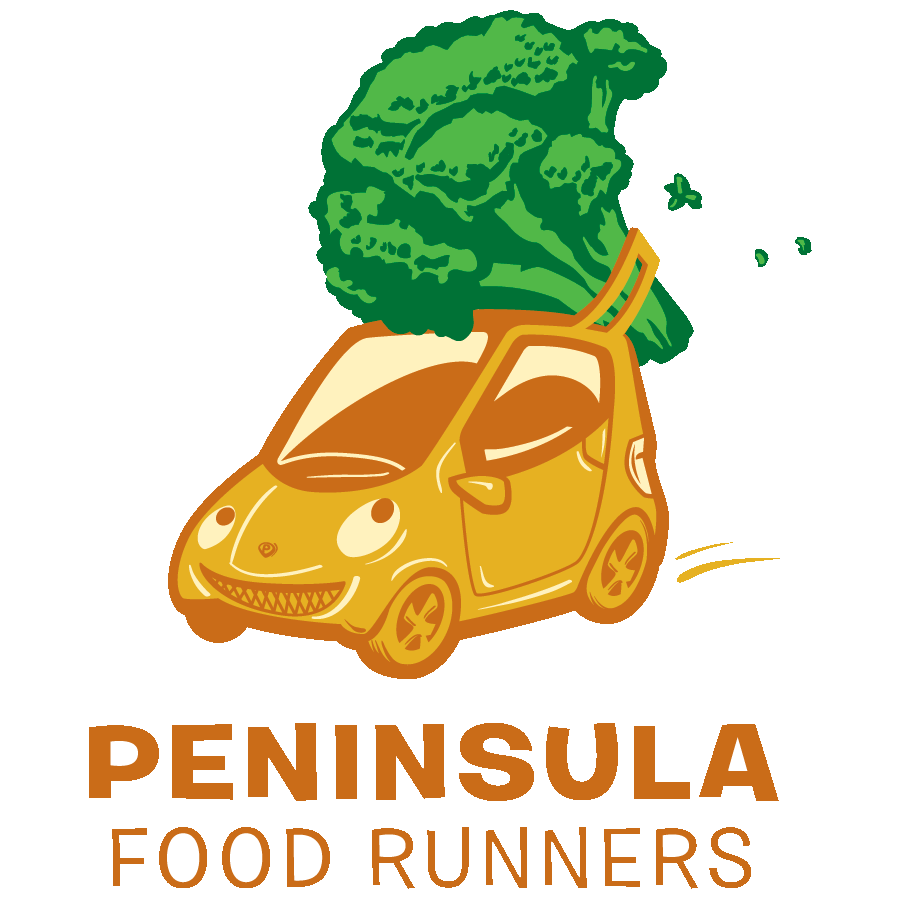Donor Liability
Some food businesses hesitate to donate food out of fear that, should the recipient become ill from the food, the donor could be held responsible.
Addressing the Fear of Donating
The Federal Bill Emerson Good Samaritan Food Donation Act was passed by the Senate and House of Representatives of the United States and was signed into law in 1996 to protect the donor and the recipient agency against liability, excepting only gross negligence and/or intentional misconduct. In addition, each state has passed Good Samaritan Laws that provide liability protection to good faith donors.
In 1988, the California legislature passed the Russell Bill which releases the donor from liability. (It can be found in sections 27900-27910 of the California Food and Agriculture code.) A copy of the full bill can be found here: http://leginfo.legislature.ca.gov/faces/billNavClient.xhtml?bill_id=201720180AB1219
Effective January 1, 1989, The California Legislature passed a bill that specifically authorizes any food facility (this definition includes restaurants and other retailers of prepared food) to donate food to a non-profit charitable organization or to a food bank and specifically limits liability for injuries.
The new law provides that unless there has been negligence or a deliberately bad act during preparation, if donated food is fit for human consumption at the time it is donated, the person donating it will not be liable for any injury resulting from its consumption. This is true whether or not laws regulating packaging, labeling, storage or handling are complied with by the group receiving the donation. Prior law gave this protection to wholesale food processors, but now, restaurants and other retail facilities are protected too.
Additional Education on Liability, please visit these comprehensive sites.
https://www.govinfo.gov/content/pkg/PLAW-104publ210/pdf/PLAW-104publ210.pdf
Importance of the Emerson Bill
Some 160 billion pounds of discarded food also clogs up landfills. Worldwide, one-third of the world's food — some 1.3 billion tons — is lost or wasted every year, according to the United Nations Environment Program.Jun 5, 2018
41 million Americans struggle with hunger, a number nearly equal to the 40.6 million officially living in poverty. Based on annual income, 72% of the households lived at or below the federal poverty level with a median annual household income of $9,175.
12.9 million children in the US are food insecure. There are 15.6 million U.S. households suffering from food insecurity – 12.7 percent of all U.S households.
Potential donors most often cite fear of liability as the reason they refuse to donate to feeding programs. Before passage of the national law, all 50 states and the District of Columbia had adopted laws protecting donors. Yet, differences in language and applicability between states often discouraged national and regional companies from donating. With the national law in place, regional and national donors have the uniform language that protects them from civil and criminal liability.
What does the law do?
The law protects good faith food donors from civil and criminal liability, should the product later cause harm to its recipient. The Emerson Act gives uniform federal protection to donors who may cross state lines.
The groups that are protected
The law protects food donors, including individuals, and nonprofit feeding programs who act in good faith. While exceptions are made for gross negligence, the law states that test groups will not be subject to civil or criminal liability. More specifically, the law protects individuals, corporations, partnerships, organizations, associations, governmental entities, wholesalers, retailers, restaurateurs, caterers, farmers, gleaners, nonprofit agencies, and more.
The types of food that are protected
The Emerson Act provides protection for food and grocery products that meet all quality and labeling standards imposed by federal, state and local laws and regulations even though the food may not be "readily marketable due to appearance, age, freshness, grade, size, surplus or other conditions."
Services now available to Donors
Food donated to Peninsula Food Runners is not stored and is transported quickly to various feeding programs and shelters to ensure freshness. The fear of liability need not prevent anyone from donating to Peninsula Food Runners.
This is presently a free Service to both both Recipients and Donors. Analytical reports, phone support, and email access is available for all users (volunteers, donors and recipients).
